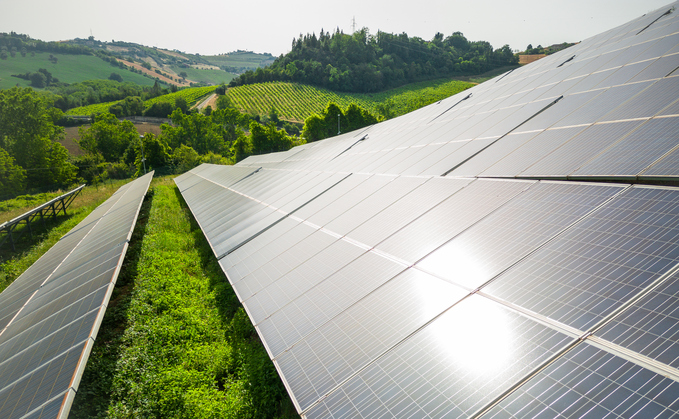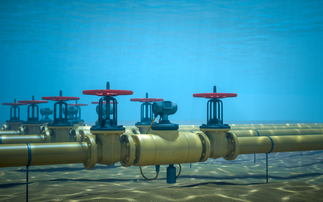
UK emissions are down 52 per cent since 1990 and fossil fuels last year provided just a third of UK power - change is happening
Some good news for Good Friday. Provisional figures have revealed how UK domestic greenhouse gas emissions fell a further five per cent last year, meaning emissions have now fallen 52.7 per cent compared to 1990 levels.
This is a historic and world-leading feat. The UK has cut emissions further and faster than any other major industrialised nation, while still growing its economy 80 per cent since 1990. At a time when a sense of national decline feels pretty palpable, this genuine achievement deserves to be celebrated (it remains utterly bizarre the government does not try to get more credit for this achievement for fear of antagonising those backbenchers and media supporters who think any and all climate action is a catastrophe).
Inevitably, the record comes with plenty of caveats. Global emissions are still rising, and the UK's imported emissions remain stubbornly high. A large chunk of the emissions reductions have been achieved first by deindustrialisation and then more recently by flat-lining economic growth. Emissions savings could have been far greater, if it were not for myriad policy mis-steps over the past 20 years and the continued subsidising of polluting industries.
Most importantly, the bulk of the decarbonisation has been achieved in the power sector through energy efficiency improvements and the shuttering of coal power plants, which you can't now shut twice. Emissions from transport, buildings, heating, industry, and agriculture remain far too high. It is unclear if power sector emissions reductions can be sustained, especially when clean power auctions fail, nuclear projects are delayed, and parts of government remain infatuated with the fossil gas industry.
And yet, it is not entirely implausible to suggest that if we have halved emissions in a little over 25 years it stands to reason we can now eradicate the other half over the next 25 years.
Yesterday's data release from the government also featured new stats showing how renewables generation exceeded fossil fuel generation for the fourth time last year. Wind generation set a series of new records, while renewables accounted for over 47 per cent of the power mix in 2023. Coal, gas, and oil together generated just 34.3 per cent of the UK's electricity - a record low.
The pipeline of clean energy projects means this trend will continue and will likely accelerate. The grid will be predominantly clean by 2030 and almost entirely clean by 2035.
What then of those still high emissions from transport and heating? Well, right across Europe electric vehicles and heat pumps routinely account for between 10 and 20 per cent of the market, costs are falling, and demand is growing fast. These technologies are marching into the mainstream. Meanwhile, projects once believed to be technologically unfeasible are advancing, providing pathways for decarbonising everything from steel and aviation to proteins and shipping.
Decarbonisation is getting harder in many ways, but it is not inevitable the downward curve of the past 25 years will change course over the next quarter century. This is a gross simplification, but you can see how renewables could largely decarbonise power over the next five years, EVs and heat pumps could decarbonise transport and heating during the 2030s, and then carbon capture, hydrogen, and other technologies could decarbonise industry, shipping, and aviation during the 2040s. That would deliver emissions reductions of between 80 and 95 per cent, at which point carbon removal solutions could mop up the rest. There are plenty of good reasons to think that as with the decarbonisation to date, all this could be delivered at very reasonable cost and would result in multiple economic, security, and health benefits.
Yes, it all sounds a bit utopian. Yes, it has to be done globally. Yes, it will be accompanied by escalating climate impacts and ecosystem collapse and all the economic and geopolitical disasters that go with it. But it is not utterly implausible, is it? Not least because it is already happening.
A version of this article first appeared as part of BusinessGreen's Overnight Briefing email, which is available to all BusinessGreen Intelligence members.









